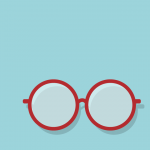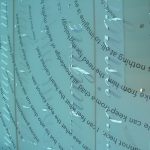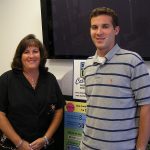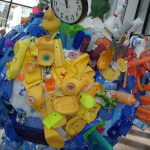This is an interview with Stephanie Schull, Inventor, and Founder of Kegelbell
Where were you at 22, and how did you get to where you are today?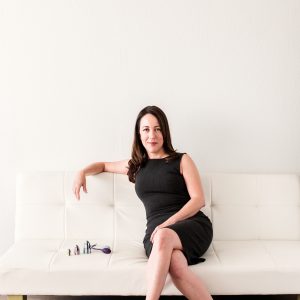
At 22, I was in graduate school getting a degree in Philosophy. I was already teaching a class at a university, which was probably more than I could handle at the time, but I volunteered to do it when the department said they needed help. Now that I think about it, taking on a leadership role, while I am still learning things, is a pattern I have repeated over the years. Has anyone ever told you to do something even before you feel ready? I think there is something to that. If you are conscientious and curious and can admit it when you make mistakes, it is a great idea to do a deep dive into something new and simultaneously make it high stakes so that you are driven to excel. I always try new things, but in most ways, I am not brave nor adventurous, for example, you won’t catch me swimming in the ocean or attempting a new sport, rather I enjoy pushing myself at work. I was curious if I could translate the way I learn and master material to the business world. So, I decided to tackle a problem that I felt passionately needed solving and I was curious if I could solve it, which technically I did, but then I was curious if I could successfully commercialize the solution, which is the path of study and experimentation I am on now.
When did you really decide to “take ownership” of your career? What inspired you to pursue your passion?
When I realized capitalism did not produce great solutions in the marketplace necessarily all at once, and that there needs to be people of purpose and ethics to drive good design and production toward solving problems well. In my case, I saw the failure of the marketplace to solve female pelvic floor issues and I was angry that taboo and sexism created only useless and harmful products and services. Really these types of oversight are everywhere. Right now I am taking care of my grandmother who is in hospice and the failure to have well-designed products for fundamental needs is staggering. When we run into something that seems insane, rather than just complain, some of us will need to stop what we are doing and create products and services that fix the problem.
All good career stories include some aspect of “risk.” Was there a moment in your career where you felt that you were risking something, but looking back on it now, that move made all the difference?
Yes, all of my best decisions are commonly perceived as high risk by most, namely leaving a job without having another one lined up, moving to a place simply because I want to live in that place and believing I will create a good life there, investing my savings into starting a business, and the list goes on. Those are the typical “big life decisions” but there are many smaller decisions that seem big at the time and risky, but later fade from memory and seem small in the rearview mirror. When I do something that is perceived as risky, there is actually quite a bit of thought about risk management before I do it. My biggest technique is to see if I have many reasons to do something. I don’t like to have one reason, because if I was wrong in my analysis of that reason, then I am going to be vulnerable to failure, but if there are many reasons then I am fueled by the force of those reasons and I have them as a backup to one another.
Where do you find significance in your work? What gives you the most satisfaction?
I am stubbornly principled, transparent, and honest. This gives me ease and satisfaction as I move about the world. When I encounter a circumstance in which I need to judge or act, I know what to do, why I did it, and I am happy to tell everyone about it.
How do you measure success in your role? How do you know you’re succeeding?
For me, success comes back to feeling satisfied. Doing the work I do, I often say to myself and will even say it to others, if I die now, I will die a happy person, because I have done things that satisfied me in a profound way so I am not left with want or a sense of unfinished business.
If you could offer your 22-year old self one piece of advice, what would you say?
Relax and accept the fact that much of what we have to do every day is to compensate for and overcome human error; it is not something one can escape, rather it is the human condition; and the goal is not to expect perfection, but to have grace.

